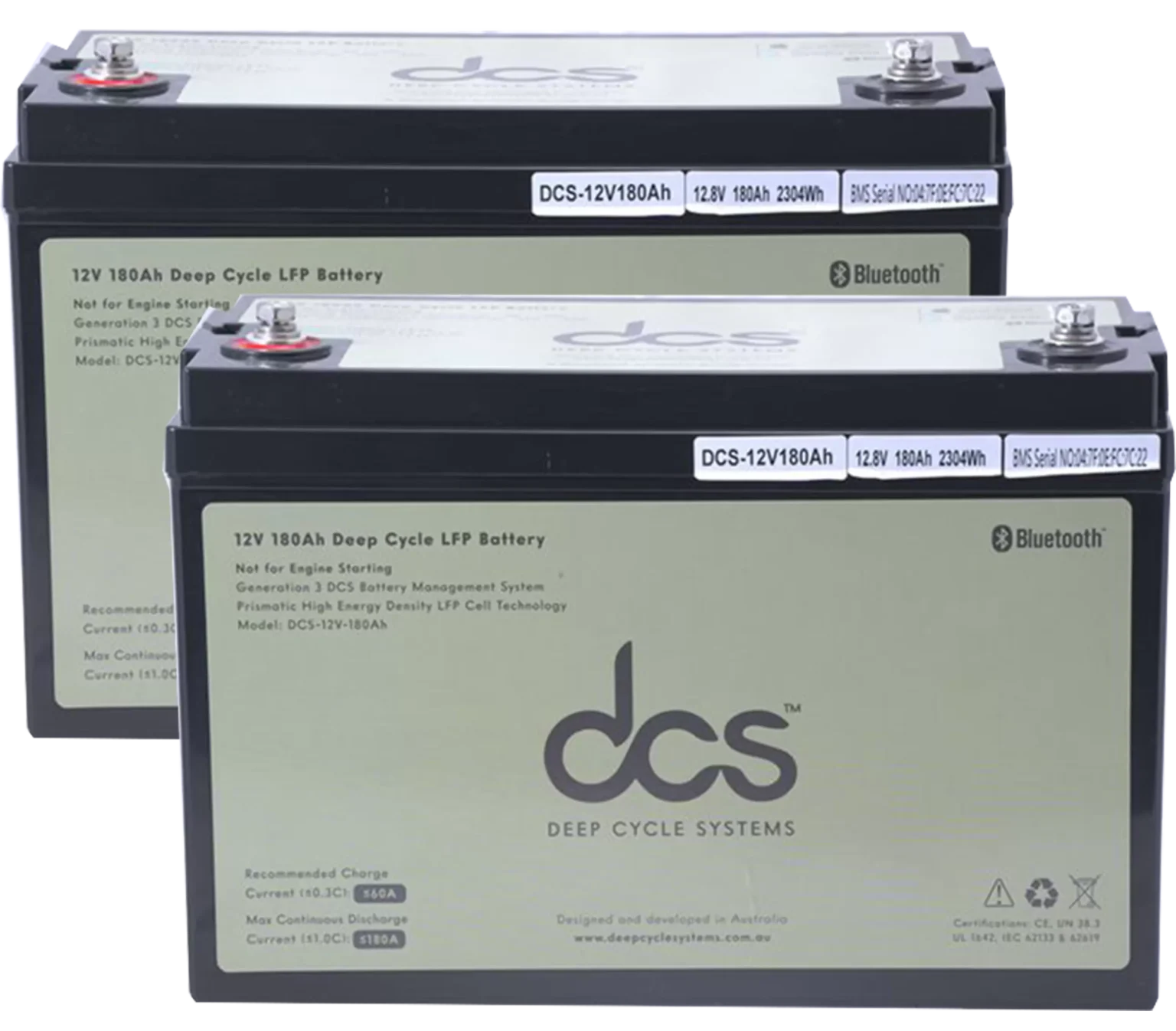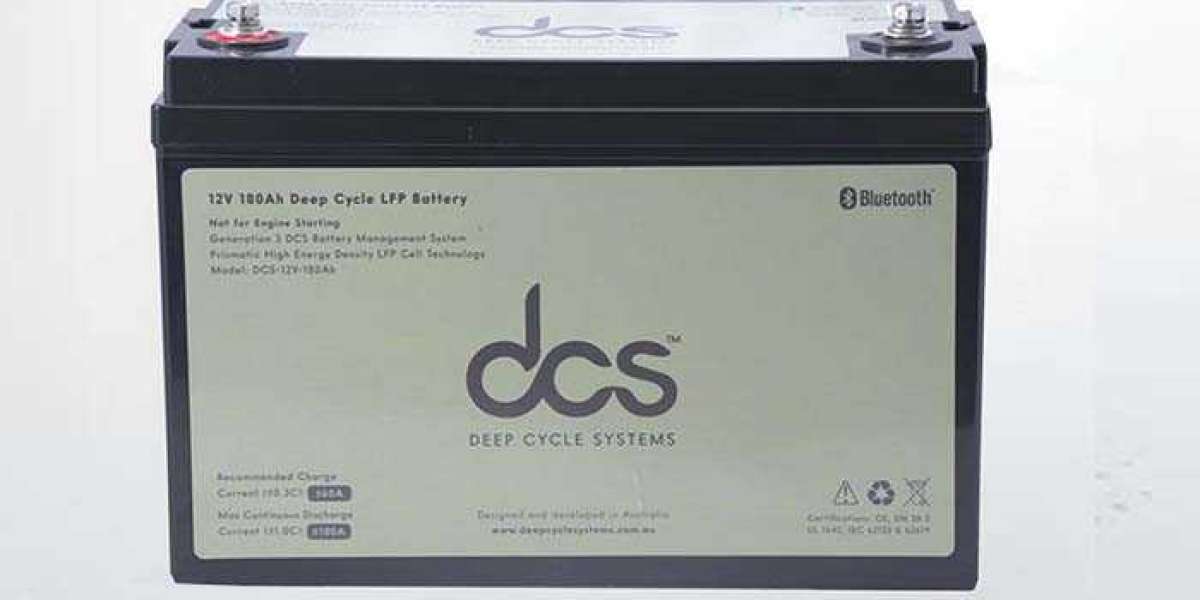Lithium battery packs are advanced energy storage systems designed to offer superior performance, longevity, and efficiency compared to traditional battery technologies. These packs comprise multiple lithium-ion cells connected to provide a reliable power source for various applications, including electric vehicles, portable electronics, renewable energy systems, and backup power solutions. Their longer lifespan and lower maintenance requirements make them more cost-effective over time, while their ability to deliver consistent and powerful energy makes them ideal for high-demand applications.
History and Development of Lithium-Battery Packs
The journey of lithium-battery packs began in the 1970s when scientists first identified lithium as a potential power source. Early research focused on its electrochemical properties, which promised higher energy density than traditional battery materials.
By the late 1980s, John Goodenough and his team developed the first rechargeable lithium-ion battery. This breakthrough set off a wave of innovation that transformed portable electronics. As demand for compact and efficient energy storage grew, manufacturers rolled out commercial products like laptops and mobile phones powered by these batteries. The technology rapidly evolved with improvements in safety measures and charging cycles.
In recent years, advancements have propelled lithium-battery packs into electric vehicles and renewable energy systems, showcasing their versatility across various sectors. Today’s innovations continue to push boundaries further than ever before.
How Lithium-Battery Packs Work
Lithium-battery packs function through a fascinating interplay of chemistry and physics. These batteries consist of an anode, cathode, and electrolyte at their core. The most common materials for the anode are graphite or silicon, while lithium metal oxides often serve as the cathode.
When charging occurs, lithium ions move from the cathode to the anode through the electrolyte, storing energy in chemical form. When discharging—when you use your device—the process reverses. Lithium ions flow back to the cathode, releasing that stored energy.
This efficient transfer mechanism allows for high energy density, meaning more power can be packed into smaller sizes than traditional battery types. Additionally, this design enhances performance across various temperatures and conditions. Thanks to advanced engineering techniques like improved electrolytes and optimized electrode materials, lithium-battery packs continue evolving toward greater efficiency and longer lifespans.
Advantages of Using Lithium-Battery Technology
Lithium-battery technology stands out for its impressive longevity. Unlike traditional batteries, lithium-ion packs can withstand numerous charge cycles without significant degradation. This means less frequent replacements and reduced waste.
Longer Lifespan
One of the standout benefits of a lithium-battery pack is its impressive lifespan. Lithium batteries can endure thousands of charge-discharge cycles, unlike traditional batteries, which may only last a few hundred cycles. This longevity translates to fewer replacements over time. Users enjoy longer-lasting power without the hassle and expense of frequent battery changes. Moreover, with optimal care, many lithium-battery packs maintain near their original capacity throughout their life cycle. This reliability makes them an attractive option for various applications.
Higher Energy Density
Higher energy density is one of the standout features of lithium-battery packs. This technology allows these batteries to store more energy in a smaller volume than traditional options. Imagine packing the same power into a lighter and more compact design. That’s precisely what lithium offers, making it highly appealing for various applications. For consumer electronics, this means slimmer devices that don’t compromise performance. A smartphone can last longer without needing frequent recharges. In electric vehicles, higher energy density translates to extended driving ranges. Drivers enjoy the freedom of travelling further on a single charge, significantly enhancing convenience.
Faster Charging Time
One standout feature of lithium-battery technology is its remarkably faster charging time. Lithium-ion batteries can be powered up significantly quicker than traditional batteries, which can take hours to recharge. This efficiency stems from their unique chemistry and design. Lithium ions move quickly between the anode and cathode during the charging process, allowing rapid energy transfer.
Environmentally Friendly
Lithium-battery technology stands out for its lower environmental impact than traditional battery types. The production process of lithium batteries is increasingly sustainable, with advancements in extraction methods that minimize ecological disturbances. Moreover, lithium-ion batteries are designed for longevity. Their extended lifespan leads to reduced waste over time. Fewer replacements mean fewer discarded batteries ending up in landfills.
Safety Features
Safety is a crucial aspect of lithium-battery technology. Manufacturers incorporate multiple layers of protection to ensure reliability. One notable feature is the Battery Management System (BMS). This system monitors voltage, current, and temperature, preventing overcharging and overheating. It acts as an intelligent guardian for your battery pack. Lithium batteries also come equipped with thermal runaway protections. These safeguards minimize risks associated with fires or explosions by managing internal temperatures effectively.
Comparison with Other Battery Technologies (e.g. Lead-Acid, Nickel-Cadmium)
Several vital differences emerge when comparing lithium-battery packs to traditional options like lead-acid and nickel-cadmium. Lead-acid batteries are heavier and bulkier. They often need help with efficiency in deep discharge scenarios, limiting their usability. In contrast, lithium batteries maintain performance even when drained significantly.
Nickel-cadmium batteries have a notorious memory effect, which hampers their capacity over time if not fully discharged regularly. Lithium technology doesn’t face this issue, allowing for more flexible charging patterns without the risk of reduced lifespan.
Additionally, energy density is a game-changer for lithium-battery packs. They provide more power in a smaller size than lead-acid and nickel-cadmium options, making them ideal for modern applications where space is at a premium. Safety also plays a significant role; while all battery types come with risks, advancements in lithium technology have introduced robust safety features that mitigate potential hazards effectively.
Applications of Lithium-Battery Packs
Lithium-battery packs are revolutionizing various industries with their versatility and efficiency. One of the most significant applications is in consumer electronics. Smartphones, laptops, and tablets rely heavily on lithium batteries for power, offering longer usage times without frequent recharging.
Consumer Electronics
The rise of lithium-battery packs has transformed the consumer electronics landscape. From smartphones to laptops, these batteries have become the backbone of modern devices. One significant benefit is their compact size. This allows manufacturers to create sleeker and lighter products without sacrificing performance. Users appreciate being able to carry devices that are both powerful and portable.
Electric Vehicles
Electric vehicles (EVs) are revolutionizing the automotive industry. At their core, these cars rely on lithium-battery packs to deliver performance and efficiency. Lithium batteries provide a lightweight solution crucial for enhancing vehicle range, making them ideal for long journeys without frequent recharges. The rapid charging capability of lithium technology also fits seamlessly into our fast-paced lives. Drivers can recharge in less time than ever before, promoting convenience and usability.
Renewable Energy Storage
Renewable energy sources like solar and wind power are surging in popularity. However, their intermittent nature poses a challenge for consistent electricity supply. This is where lithium-battery packs shine as an ideal solution. By storing excess energy generated during peak production times, these batteries provide a reliable backup when demand rises or generation falls. Their ability to charge quickly allows for swift responses to sudden changes in energy needs. Moreover, lithium technologies enable more efficient storage systems scaled according to requirements—residential rooftops or large utility-scale installations. This flexibility makes them invaluable in creating sustainable energy solutions.
Challenges and Limitations of DCS Battery Technology
DCS battery technology, also known as distributed control system battery technology, has been widely used in various industries for its reliability and flexibility. However, like any other technology, it also comes with its own set of challenges and limitations. One of the significant challenges deep-cycle battery technology faces is its limited lifespan. Batteries are composed of chemical components that degrade over time, decreasing their capacity and performance. High temperatures and frequent charging cycles accelerate this degradation.
As a result, these batteries need to be replaced every few years, adding to the overall cost of the system. Another limitation of this battery technology is its sensitivity to temperature changes. Extreme temperatures can significantly affect the performance and lifespan of these batteries. High temperatures can cause them to overheat and reduce their efficiency, while low temperatures can decrease capacity and even damage the cells. This makes it challenging to use these batteries in environments with extreme temperature fluctuations.
In addition to these challenges, there are also some limitations regarding the scalability of these battery systems. The size and design of these systems limit their ability to be easily expanded or modified according to changing energy demands or technological advancements. This can make it costly for companies to upgrade or expand their energy storage capacities using this type of battery technology.
Future Developments and Innovations in Lithium-Battery Technology
The future of lithium-battery technology is promising and packed with innovation. Researchers are exploring solid-state batteries, which could enhance safety and energy density. These advancements may lead to lighter, more efficient battery packs. Another area of focus is the use of alternative materials in lithium-ion chemistry. Manufacturers can reduce costs by incorporating sodium or magnesium while maintaining performance levels.
Moreover, recycling processes for lithium batteries are also evolving. Improved methods will allow for better recovery rates of valuable materials like cobalt and nickel, making it a more sustainable option overall. In addition, artificial intelligence is being integrated into battery management systems. This tech monitors usage patterns to optimize charging cycles and extend lifespan. As these innovations unfold, the energy storage landscape continues to shift dramatically. Exciting times lie ahead for anyone invested in this field!
Why Switching to DCS Batteries
One of the main benefits of DCS batteries is their superior energy density. This means they can store more energy in a smaller and lighter package than other battery types. As a result, these batteries are ideal for portable devices and vehicles where weight and size are crucial factors. Their compact size allows these batteries to be easily integrated into various products without adding bulk or hindering performance.
In addition to their high energy density, these batteries have a longer lifespan than traditional lead-acid batteries. This is because they use lithium-ion technology, which allows them to withstand hundreds of charge cycles without significant capacity loss. In comparison, lead-acid batteries typically have a shorter lifespan and may require frequent replacements, leading to higher costs in the long run.
These batteries also offer faster charging times, another significant advantage over lead-acid counterparts. With technological advancements, battery packs can now be charged up to 80% capacity within 30 minutes. This saves time and increases productivity as devices can be back up and running quickly. This makes them ideal for backup power systems or emergency equipment where reliability is critical.
Conclusion
Lithium battery pack technology has numerous advantages over traditional lead-acid batteries. Not only are they more efficient and have a longer lifespan, but they also offer faster charging times and can be discharged at a higher rate without causing damage. Lithium batteries are much lighter and compact, making them ideal for portable devices and electric vehicles. Furthermore, lithium batteries has reduced our dependence on non-renewable resources such as lead and sulfuric acid. This benefits the environment and reduces the risk of pollution caused by improper disposal of these toxic materials.
FAQs
Are Lithium Batteries Safe?
Lithium batteries are considered safe when appropriately used according to manufacturer guidelines. However, improper handling or misuse can result in fire hazards.
How Long Do Lithium Batteries Last?
Lithium batteries have a longer lifespan than traditional lead-acid batteries. With proper care and maintenance, they can last an average of 3-5 years.
Can I Replace My Lead-Acid Battery With A Lithium Battery Pack?
Yes, you can replace your lead-acid battery with a suitable lithium-ion battery. However, you must ensure that the voltage and size match your device’s requirements.
| Other Good Articles to Read |
| Niche Blogs Connect |
| Blogs 97 |
| Blog Stitution |
| Blogs Unplugged |
| Blogs Cotch Rouge |
| Blog Signatr |
| Blog Sintonias |
| Blog Zilla |
| Consumer Forums |
| Finance Forums |
| G Blogs |
| Related Business Listings |
| Contact Directory |
| Local Business Profiles |




